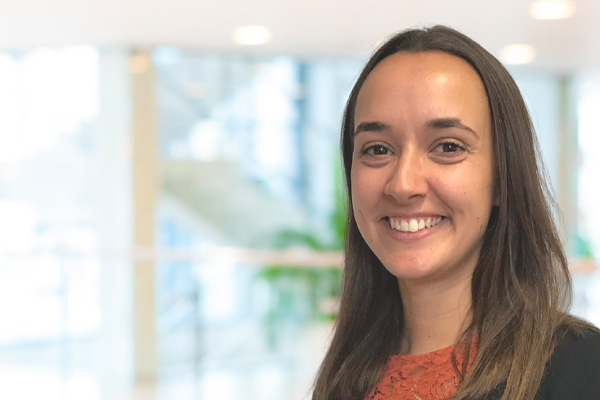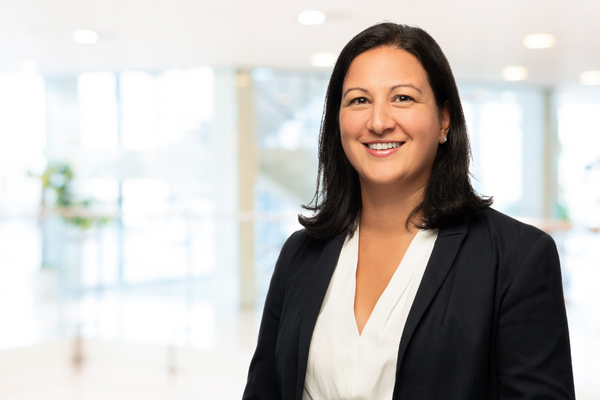Specialist Collaborative Law Solicitors
Your dedicated collaborative lawyer will guide you through an amicable separation
Home » Services » Divorce & Family » Collaborative Law
How can a collaborative solicitor support me?
An integral part of the Collaborative Law process is that the parties and their solicitor sign an agreement at the outset, confirming they will not go to court, but will resolve all issues through a number of meetings. A series of ‘four-way’ meetings then take place which involve both parties and their lawyers. Each person has the support, protection and guidance of his or her own lawyer throughout.
The Collaborative approach encourages communication and the full disclosure of facts identifying possible ‘flash points’. Lawyers then aim to guide couples to a settlement. It helps to prevent parties becoming too positional and allows more creative solutions.
What is collaborative law?
The Collaborative Law process encourages divorcing or separating couples to work together with the support of specially trained Collaborative lawyers, communicating effectively to achieve certain goals. It promotes respect between the parties, places the needs of children first and keeps control of the process with the couple.
Those who choose to work with a Collaborative Law Solicitor will find they are part of a more respectful, less stressful approach to handling separation and divorce, than typical court proceedings. It allows those working through the process to reach an agreement on financial settlements and child arrangements, whilst maintaining a positive relationship with your former partner.

Why choose Goughs for collaborative law expertise?
Our trained collaborative lawyers are experienced in supporting couples through the end of their relationships in a respectful, non-confrontational way. We are accredited by the Law Society for Family Law, are Band 1 accredited by Chambers & Partners and are tier 3 ranked by the Legal 500 for our Family Law expertise, reflecting the high quality of our services and depth of knowledge.
Our collaborative lawyers work with clients all over the Wiltshire, with our offices in Calne, Chippenham, Corsham, Devizes, Melksham and Trowbridge.
Is the collaborative law process right for me?
Collaborative law is a dispute resolution process, facilitated by trained lawyers. However, for it to work, everyone involved must be on board. For the Collaborative law process to work, the parties must have:
- A genuine desire to reach an agreement that is fair to the whole family
- A willingness to honestly disclose information about their finances
- Instructed a solicitor who is Collaboratively trained and accredited
- A commitment to reach a solution without going to Court

Your collaborative law questions answered
Collaborative law can;
- Provide a civilised way of resolving issues outside of court
- Help maintain long term relationships
- Reduce the emotional strain on families
- Protect children from disputes and avoid the uncertainty of litigation
- Enable creative solutions to be found
The Collaborative process itself relies on couples who can work together in an open and cooperative manner. It will succeed if you and your partner agree that you want:
- An amicable, respectful resolution of your issues
- The ability to make your own joint decisions about financial and child care arrangements
- To protect an amicable relationship after divorce
- To establish a healthy and mutually beneficial co-parenting relationship
- To protect children from hostility, ill feeling and disruption.
The Collaborative process is flexible and will vary in order to meet your specific needs. In general most people require between two and six meetings to resolve their issues. No other professional conflict resolution assistance is as inventive, efficient or as economical as Collaborative law for such a broad range of people facing separation or divorce.
While both collaborative law and mediation aim to resolve disputes amicably, there are key differences. Collaborative law involves each party having their own solicitor present during negotiations, whereas in mediation, a neutral third-party mediator facilitates discussions between the parties. Additionally, collaborative law often involves multiple meetings, while mediation may require fewer sessions.
Collaborative law in the UK is a method of resolving disputes, particularly in family law matters like divorce or separation, where both parties and their solicitors agree to work together to find mutually beneficial solutions without going to court.
Collaborative law for divorce in the UK follows the same principles as Collaborative law generally. It involves divorcing couples and their solicitors working together in a series of meetings to negotiate and settle all aspects of their divorce, such as division of assets, child custody, and support arrangements, without resorting to litigation.
Yes, in Collaborative law cases, law firms representing each party can work together. Collaborative law encourages open communication and cooperation between the parties and their legal representatives to reach a resolution.
The duration of the collaborative separation process varies depending on the complexity of the issues involved, the willingness of both parties to cooperate, and the number of meetings required to reach an agreement. On average, collaborative divorces often take several months to complete.
Maintains control: Parties have more control over the outcome compared to court-imposed decisions.
Privacy: Collaborative proceedings are confidential and take place outside of the public courtroom.
Cost-effective: Can be more cost-effective than litigation.
Preserves relationships: Encourages communication and cooperation, which can help preserve relationships, especially important in family matters.
Not suitable for all situations: Collaborative law may not be appropriate if there is a significant power imbalance or if one party is unwilling to cooperate.
No guarantee of success: There is no guarantee that a satisfactory agreement will be reached through collaborative law.
Requires commitment: Both parties must be committed to the process for it to be successful, which may not always be the case.
Amicable divorce refers to a divorce process where the spouses mutually agree to end their marriage without hostility or significant conflict. It involves open communication, cooperation, and a willingness to work together to reach a fair settlement on issues such as property division, child custody, and support. Collaborative law is one method that can facilitate an amicable divorce.
Our clients rate us as excellent


Chambers & Partners
The team is extremely thorough and client-focused. They are willing to go the extra mile and think outside the box.

P B, Corsham
Thank you for all your help, guidance and understanding. You and your team have been outstanding during a very difficult time and managed the case through to a highly satisfactory conclusion.


T H, Chippenham
I could not have wished for a more professional dedicated team, I am so grateful for all their help and support, I would highly recommend Goughs solicitors to family and friends.


Legal 500
The practice is very unique in that the service is so personal and impeccable. Attention is given to ALL detail and communication is frequent and timely.

TH
I could not have wished for a more professional dedicated team, I am so grateful for all their help and support, I would highly recommend Goughs solicitors to family and friends.
Meet the Goughs collaborative law team
Why work with Goughs?

Local since 1882, with an excellent reputation
First-class, effective service

Largest solicitors in Wiltshire
Seven offices throughout the county

Nationally accredited law firm
Recognised by Legal 500 and Chambers & Partners
Why wait? Let's talk
Fill out the form below and we will get back to you!
















